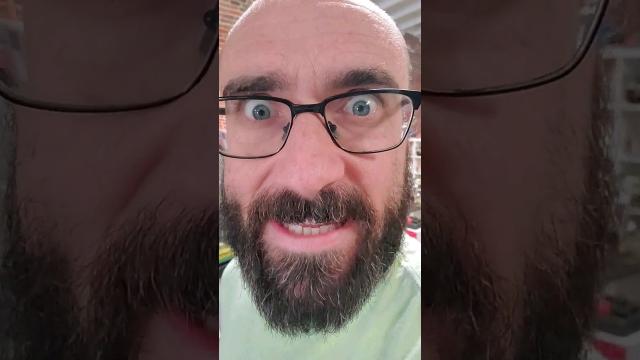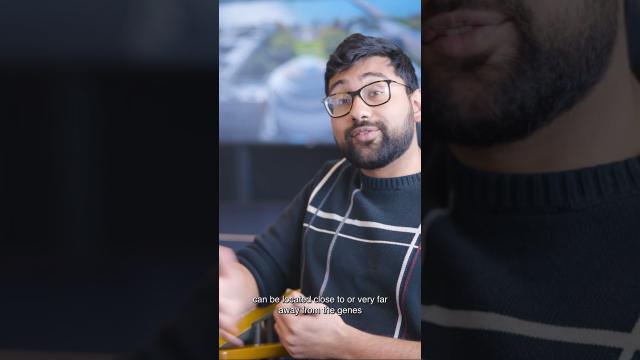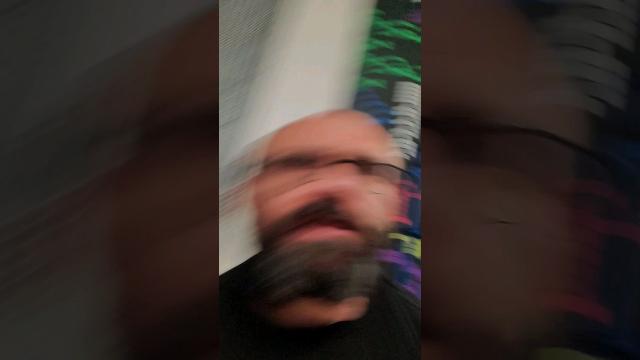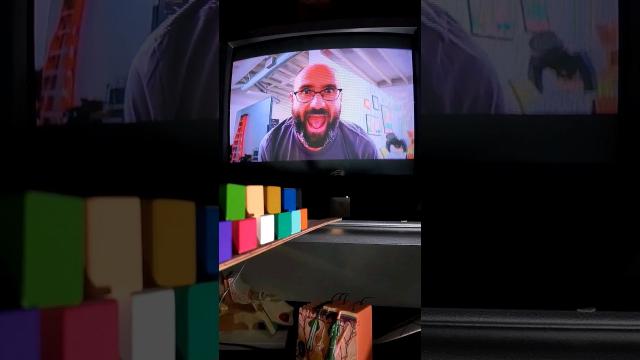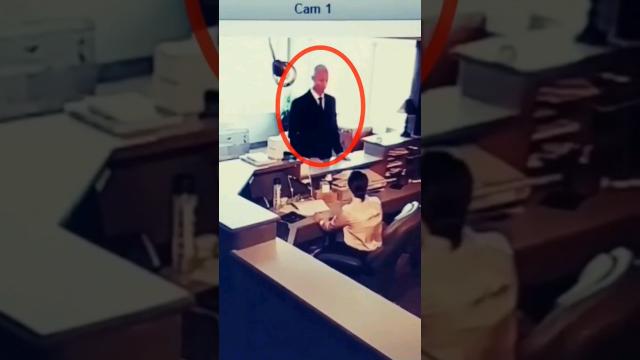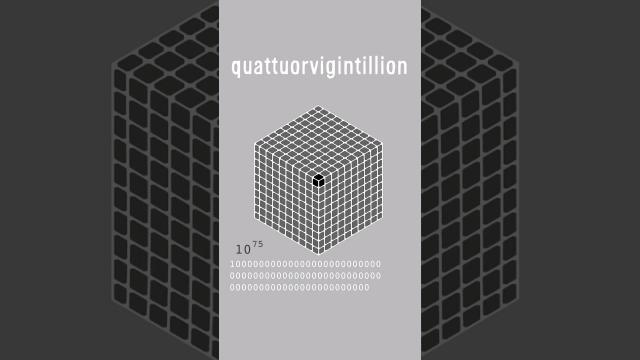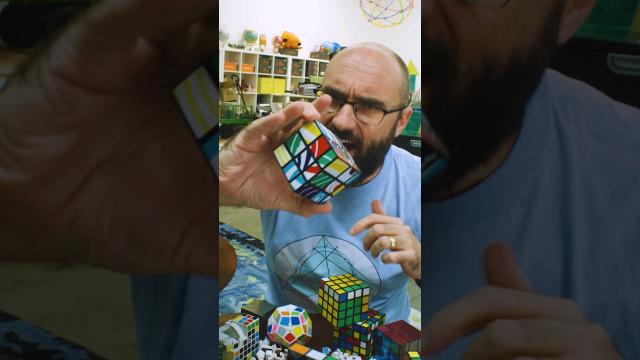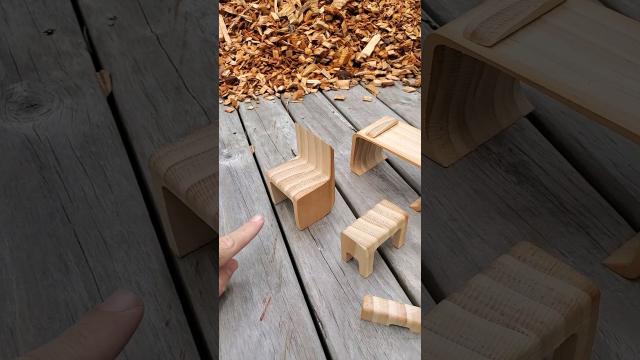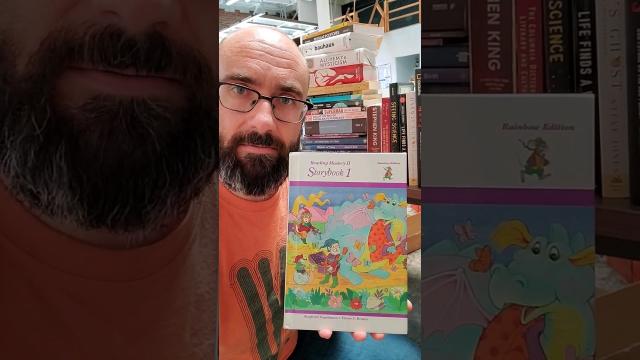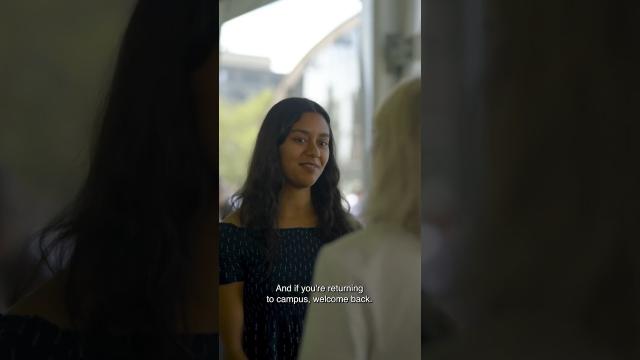Time Travel, Teleportation & Science
Time travel is the concept of moving between different points in time in a manner analogous to moving between different points in space, generally using a theoretical invention, namely a time machine. It has a commonly recognized place in philosophy and fiction, but has a very limited application in real world physics, such as in quantum mechanics or wormholes.
Although the 1895 novel The Time Machine by H. G. Wells was instrumental in moving the concept of time travel to the forefront of the public imagination, The Clock That Went Backward by Edward Page Mitchell was published in 1881 and involves a clock that allowed three men to travel backwards in time.[1][2] Non-technological forms of time travel had appeared in a number of earlier stories such as Charles Dickens' A Christmas Carol. Historically, the concept dates back to the early mythologies of Hinduism (such as the Mahabharata), Buddhism, and Islam through ancient folk tales. More recently, with advancing technology and a greater scientific understanding of the universe, the plausibility of time travel has been explored in greater detail by science fiction writers, philosophers, and physicists.
Teleportation, or Teletransportation, is the theoretical transfer of matter or energy from one point to another without traversing the physical space between them. It has a commonly recognized place in science fiction literature, film, and television, but as yet has a very limited application in real world physics, such as quantum teleportation or the study of wormholes.
Science (from Latin scientia, meaning "knowledge") is a systematic enterprise that builds and organizes knowledge in the form of testable explanations and predictions about the universe. In an older and closely related meaning, "science" also refers to a body of knowledge itself, of the type that can be rationally explained and reliably applied. A practitioner of science is known as a scientist.
In modern usage, "science" most often refers to a way of pursuing knowledge, not only the knowledge itself. It is also often restricted to those branches of study that seek to explain the phenomena of the material universe.
Source : Wikipedia
-
00:36
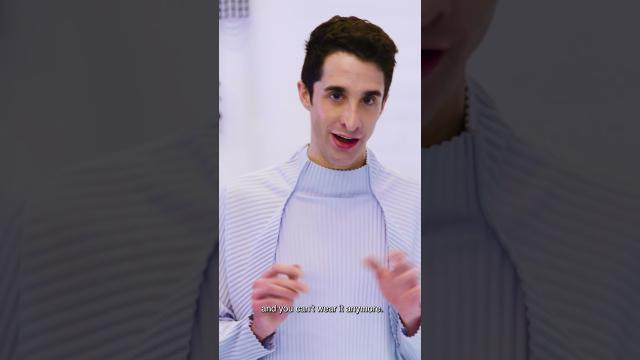
Morphing fabrics
Added 177 Views / 0 LikesA team of researchers at MIT and elsewhere have developed a low-cost fiber, compatible with existing textile manufacturing techniques that contracts in response to an increase in temperature, then self-reverses when the temperature decreases, without any
-
1:29:57
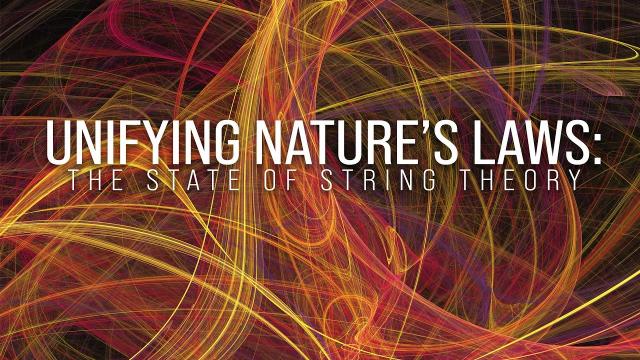
Unifying Nature’s Laws: The State of String Theory
Added 176 Views / 0 LikesEinstein dreamed of a unified theory of nature’s laws. String theory has long promised to deliver it: a mathematically elegant description that some have called a “theory of everything.” Join one of the most influential groups of theorists ever assembled
-
06:15
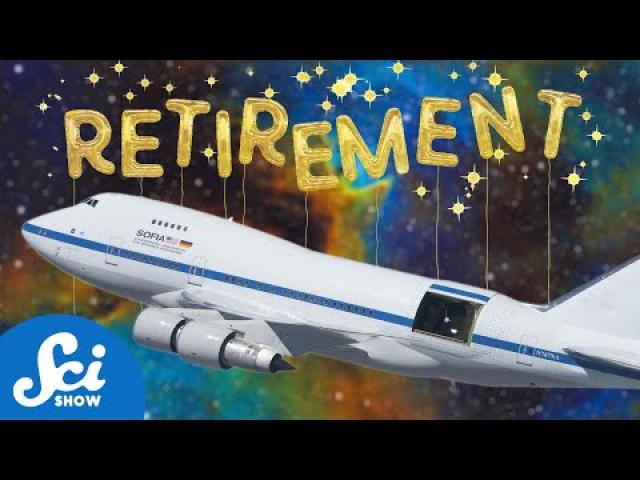
Goodbye SOFIA, Thanks for All the Discoveries
Added 175 Views / 0 LikesSOFIA or The Stratospheric Observatory for Infrared Astronomy is coming to an end, but let's look back on some of the amazing discoveries of this flying telescope.Hosted by: Hank Green (He/Him)----------Huge thanks go to the following Patreon supporter fo
-
00:59
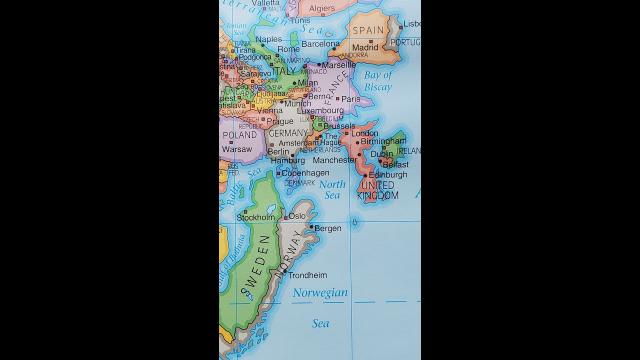
UPSIDE DOWN WORLD MAP #shorts
Added 175 Views / 0 Likes#shorts #NewZealand #upsidedown #cartography #geography
-
11:16
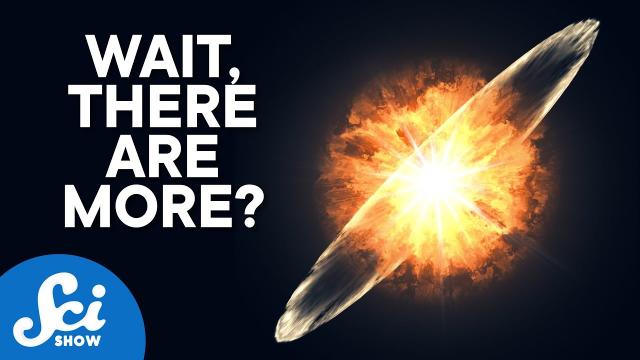
Five Of The Biggest, Baddest Supernova Varieties
Added 175 Views / 0 LikesHead to https://complexlycalendars.com/products/scishowspace to buy your 2023 SciShow Space calendar today!Supernovae are only rare to the passive stargazer, but if you’re an astronomer studying them, you get to see some of the most brilliant explosions i
-
06:30
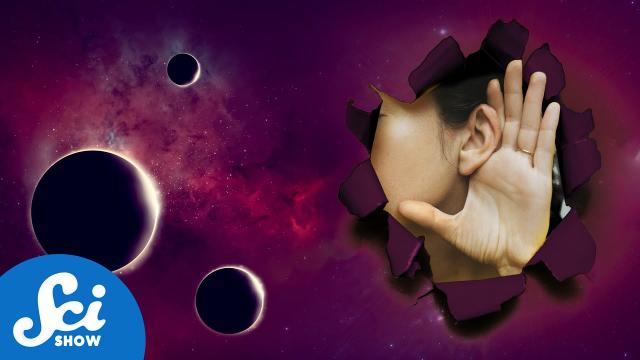
Eavesdropping On Other Worlds
Added 175 Views / 0 LikesWe usually only get to use our sense of sight in exploring the universe, but that hasn’t prevented scientists from trying to listen in.Hosted by: Hank Green (he/him)----------Huge thanks go to the following Patreon supporter for helping us keep SciShow Sp
-
01:01
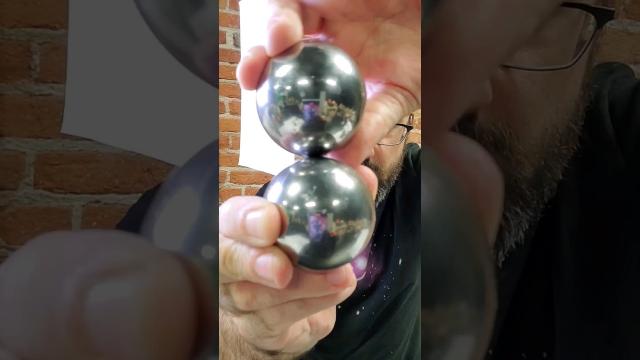
Thermite Balls
Added 175 Views / 0 Likeslearn more: http://blog.teachersource.com/2010/06/13/great-balls-and-fire-smashing-steel-spheres/
-
12:36
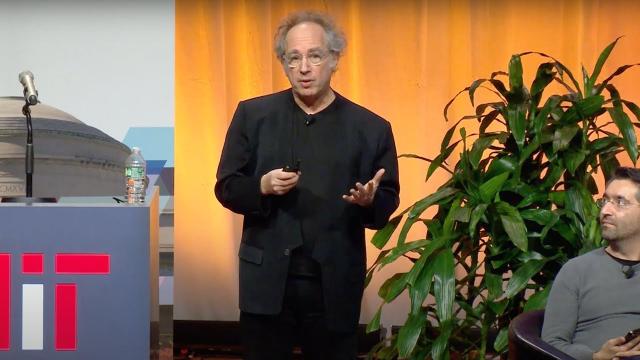
Generative AI Applications: Tod Machover
Added 175 Views / 0 LikesTod Machover, Professor, MIT Media Lab and MIT Opera of the Future Group Director, presents potential avenues where generative AI can help musicians discover new sounds.Watch more videos from MIT: http://www.youtube.com/user/MITNewsOffice?sub_confirmation
-
00:59
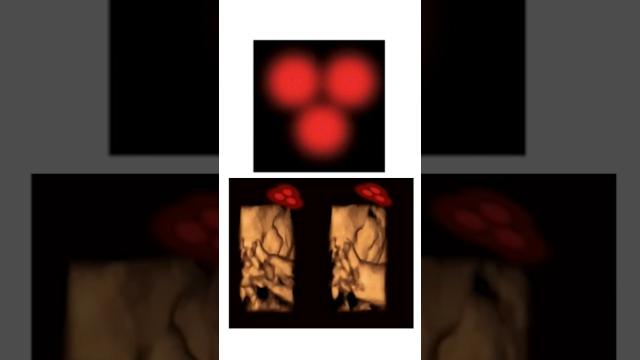
What Did You See Before You Were Born?
Added 174 Views / 0 Likessources:https://onlinelibrary.wiley.com/doi/abs/10.1002/dev.20506https://www.cell.com/current-biology/fulltext/S0960-9822(17)30580-8?_returnURL=https%3A%2F%2Flinkinghub.elsevier.com%2Fretrieve%2Fpii%2FS0960982217305808%3Fshowall%3Dtrue#bib5https://nucubab
-
19:24
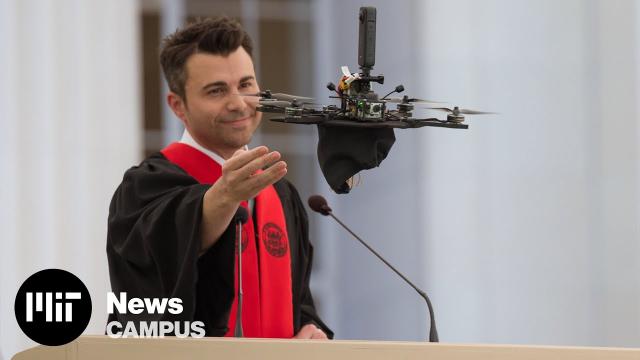
Mark Rober address to MIT Class of 2023
Added 174 Views / 0 LikesThe popular YouTuber, engineer, and inventor who works to engage young people in science and technology while encouraging curiosity and resilience, gives this years Commencement address to the MIT Class of 2023. Watch more videos from MIT: http://www.yout

